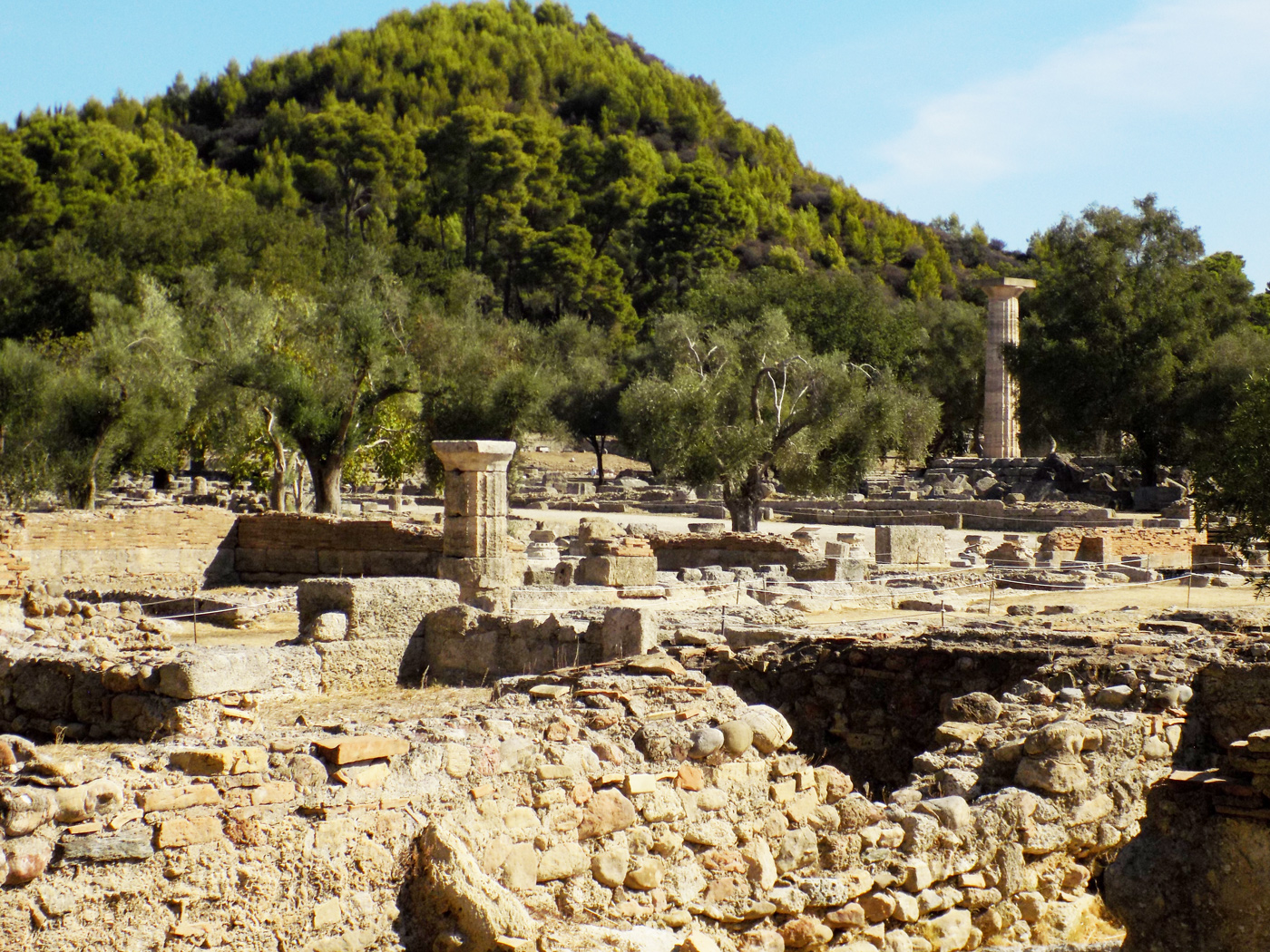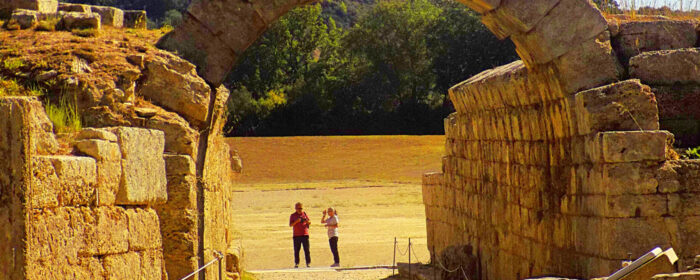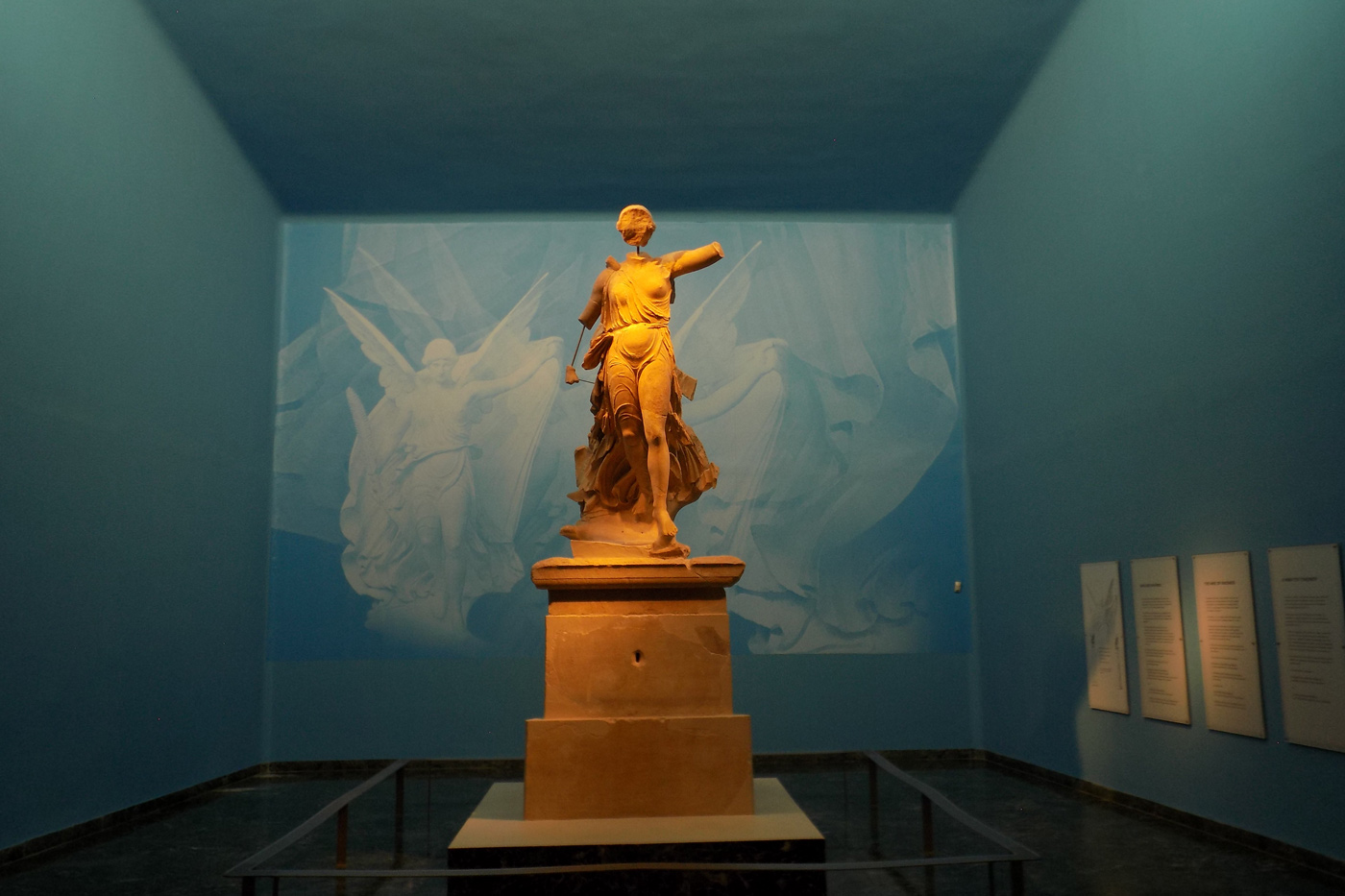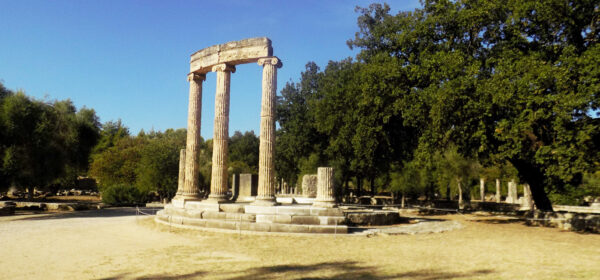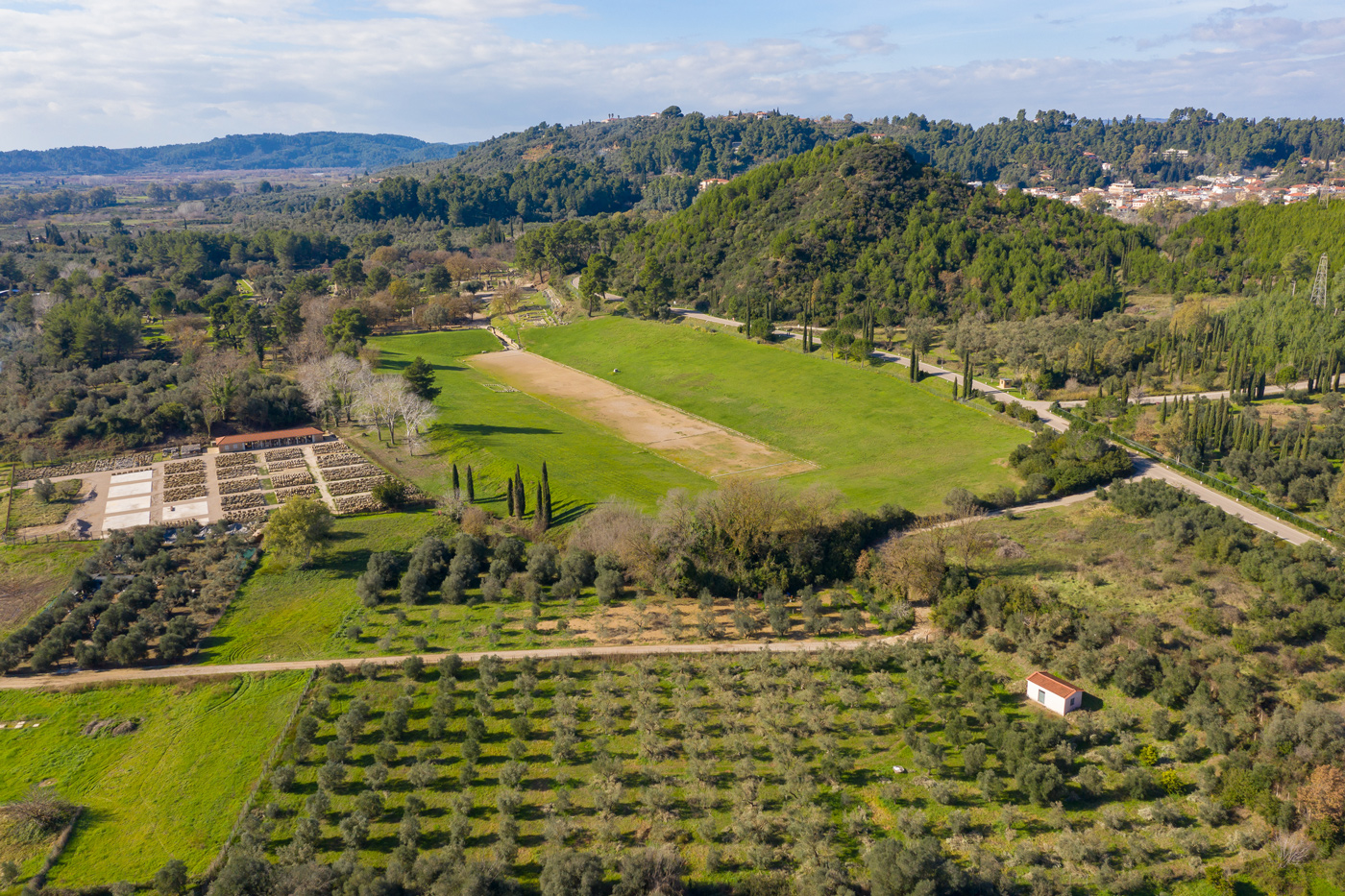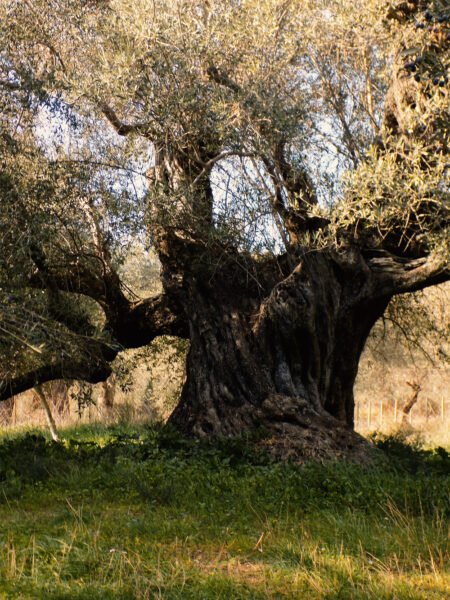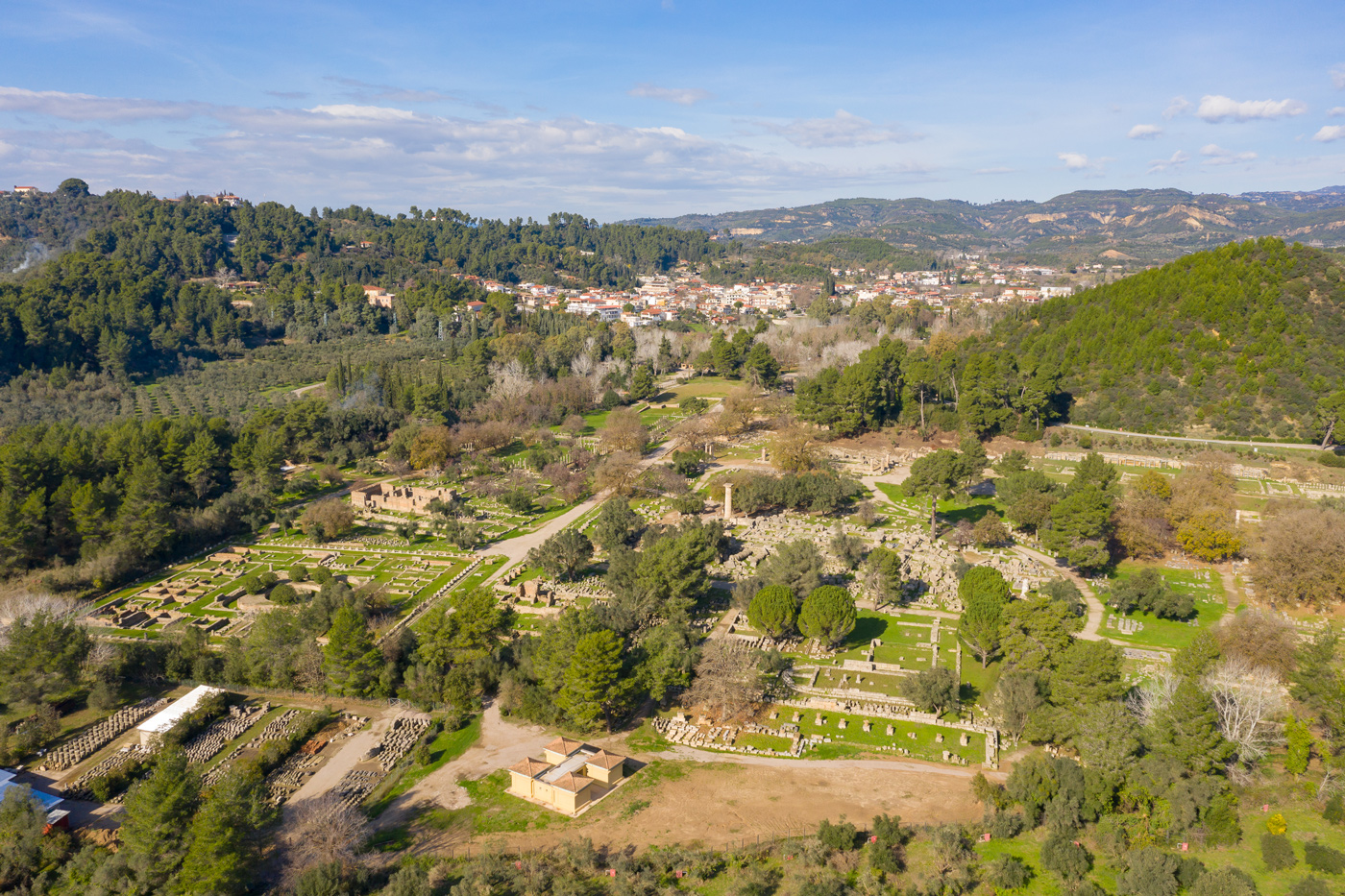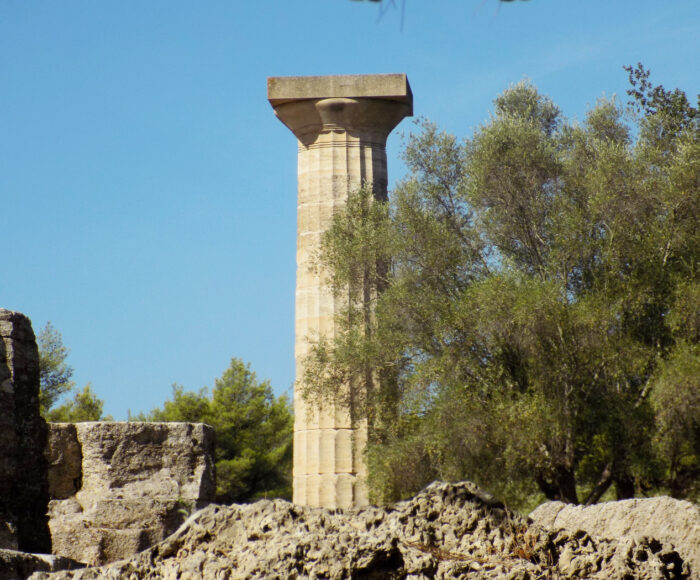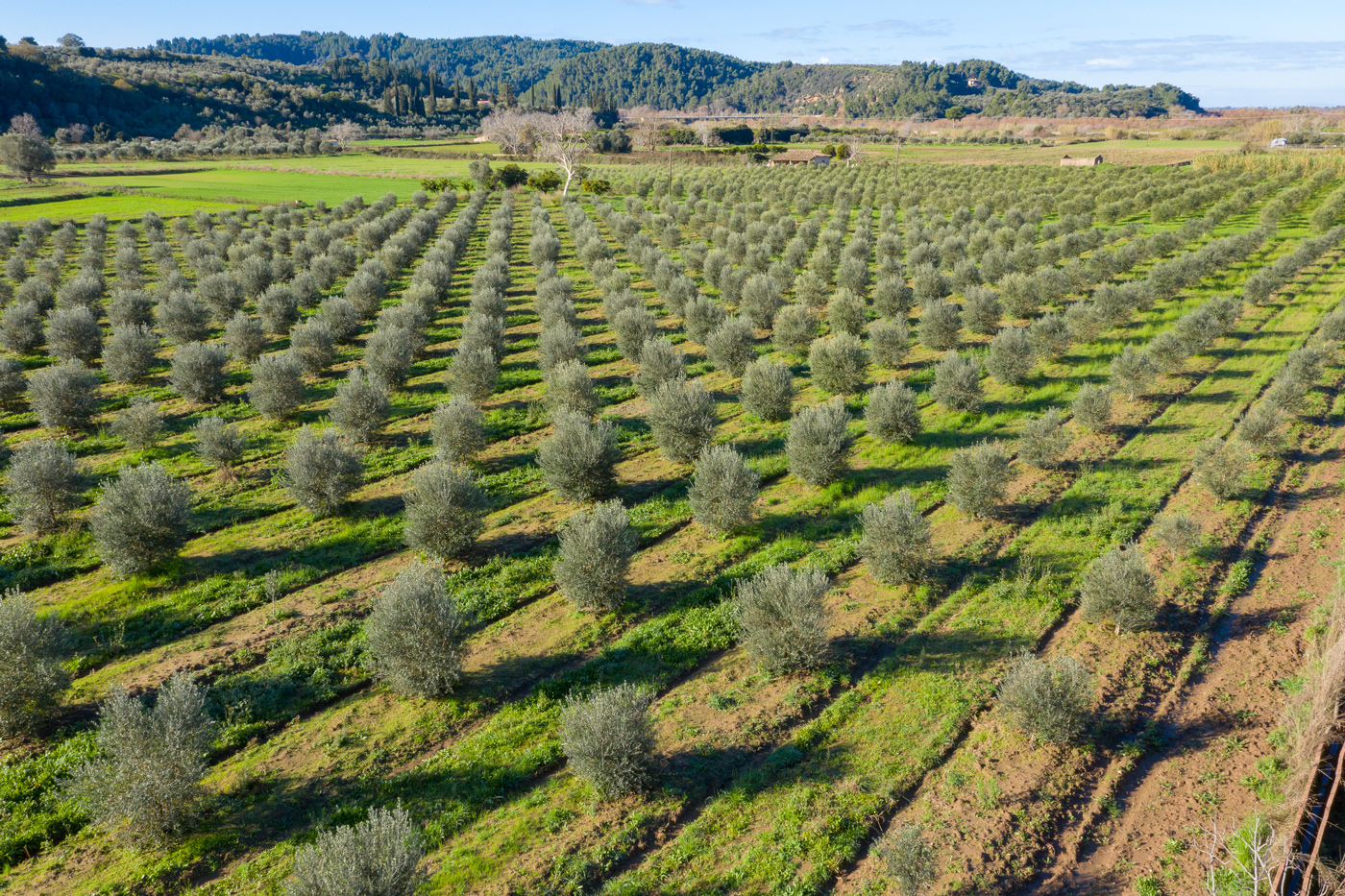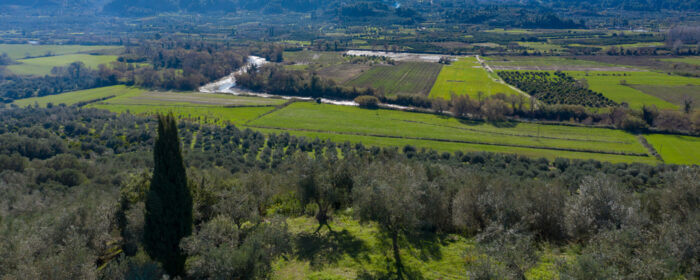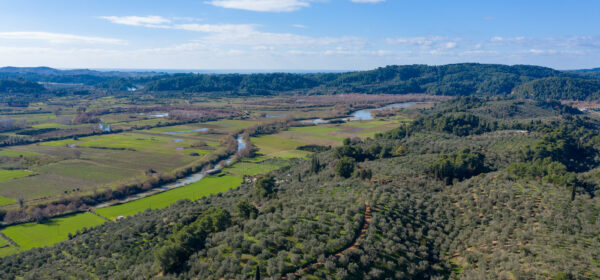The history of Olympia is strongly connected to the Olympic Games. Historical records indicate that the games began in 776 BC as a local festival to honor god Zeus. However, along the centuries, these games gained more and more popularity and all city-states of Greece would send their finest men to participate in the games. This event was so important for the ancient world that even all warfares would stop for a month so that the towns would send their best youth to participate in the games.
This athletic festival occurred every four years and lasted for five days, including wrestling, chariot and horse racing, the pentathlon (discus throwing, javelin throwing, long jump, running and pancratium). However, the athletes would stay for 1 or 2 months before the games in Olympia to practice their sports in Palaestra. Before the games, the high priestess of Olympia marked the beginning of the games lighting the Olympic flame. Also, offerings and ceremonies in the temple of Zeus and the temple of Hera were practiced to ask for the favor of the gods.
The games would take place in the stadium and people would watch them from the hills around it. All athletes were male and would take part in the games in total nudity. Women were forbidden under the penalty of death to part take in the games or even watch them as a spectator. The only woman who could watch the games, and in fact from a privileged spot, was the priestess of the temple of Demeter in Olympia.
There were no seats for the spectators and all people regardless of their social state would sit on the earth. The Hellanodikae, a body of priests, were responsible to name the winners. The reward of the winning athletes was a crown of a wild olive tree, which was enough to honor him, his family and his city for decades. In fact, it was such an honor for a town to born an Olympic winner that they pulled down even a part of their city walls, as the town would be protected by the winner.
At the same time, the political personalities from different parts of Greece took advantage of the games to make speeches and try to resolve differences with each other. The games were also a good opportunity for traders to make business deals.
Unfortunately, in 393 AD, the Olympic Games were suspended by the Byzantine Emperor Theodosius, as it was considered a pagan custom. It was the time when Christianity was the dominant religion of the Byzantine empire and everything connected to the ancient Greek spirit was considered pagan. Thus the games were stopped, the temples of Olympic were turned to churches and important statues, among which the golden statue of Zeus, a miracle of the ancient world, was transferred to Constantinople.
The revival of the Olympic Games in the modern era was an idea of the French Baron Pierre de Coubertin, who founded the International Olympic Committee in 1894 and only two years later, in 1896, the first modern Olympic Games took place in Athens, at the renovated Panathenaic Stadium. Since then, the games take place every 4 years in a different place in the world every time.


